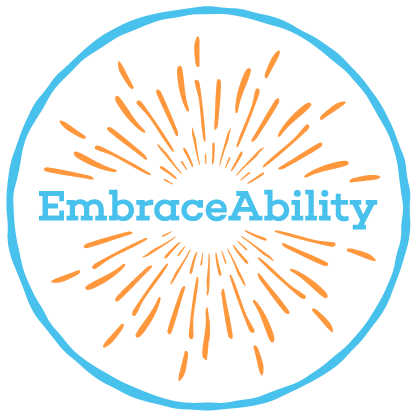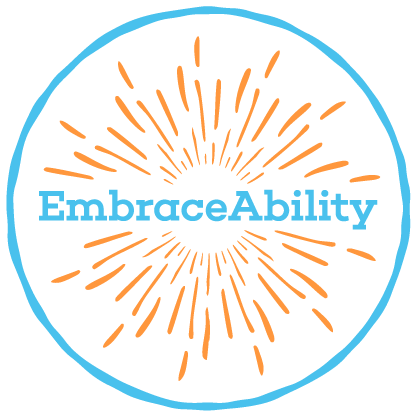Disability Awareness Programme for Women and Girls with Disabilities
Globally, there are 1 billion persons with disabilities and the World Health Organisation estimates that one in four households has a disabled member (World Health Organisation and World Bank, 2011). Estimates of people with disabilities in Cambodia vary significantly, according to the 2009 Census of the National Institute of Statistics, 840,000 Cambodians (6.3 per cent) live with a disability, of which 53% are female .
Cambodian women and girls with disabilities experience multiple disadvantages resulting from the interplay between gender, disability and poverty. The diversity of women with disabilities those with multiple and intersecting identities across all contexts such as ethnic, religious, LGBTIQ+ identity, age, marital status and living with or being affected by HIV.
Women and girls are often to pushed to the extreme margins and experience profound discrimination. This can lead to lower economic and social status; increased risk of violence and abuse, including sexual violence, and gender-based discriminatory practices; and limited access to education, and health care.
Violence against women and girls (VAWG) continues to be a serious human rights violation in Cambodia. Women and girls with disabilities face increased risks of violence and/or challenges accessing services and protections. It is estimated that women and girls with disabilities are twice as likely to experience violence than their non-disabled peers.
The current services and responses that do exist have not been inclusive of women and girls with disabilities and do not recognise their specific needs or the additional discrimination and barriers they face.
EmbraceAbility will be aiming to address these challenges in our latest project “Disability Awareness Programme for Women and Girls with Disabilities” in partnership with Gender and Development in Cambodia (GADC).
The project will start self-groups for women with disabilities, run advocacy and awareness training for carers/households for women and girls with disabilities, train the police, and local authorities to improve services and run a youth awareness campaign. This approach will aim to reduce violence in households and raise awareness about the interplay between disability and women’s rights.
Women and girls with disabilities will also have access to workshops on healthcare, mental health, education, employment and mental health support.
The pilot project will take place in Kampong Chhang which is a rural provide situated 91km north of Phnom Penh. 34% of the population lives in poverty and a 2014 survey revealed that 11% of women over the age of 15 have experienced physical violence. The project will then expand into two provinces Pursat and Kampong Speu in 2023.
EmbraceAbility will be raising money for this project by taking part in the Big Give Campaign. Please consider sharing or donating this Christmas!
World Health Organization & World Bank 2011. World Report on Disability. Geneva: World Health Organization
Cambodia Demographic and Health Survey (CDHS), 2009. Household members older than five years of age who experience at least one type of disability including but not limited to physical, visual, auditory and intellectual

